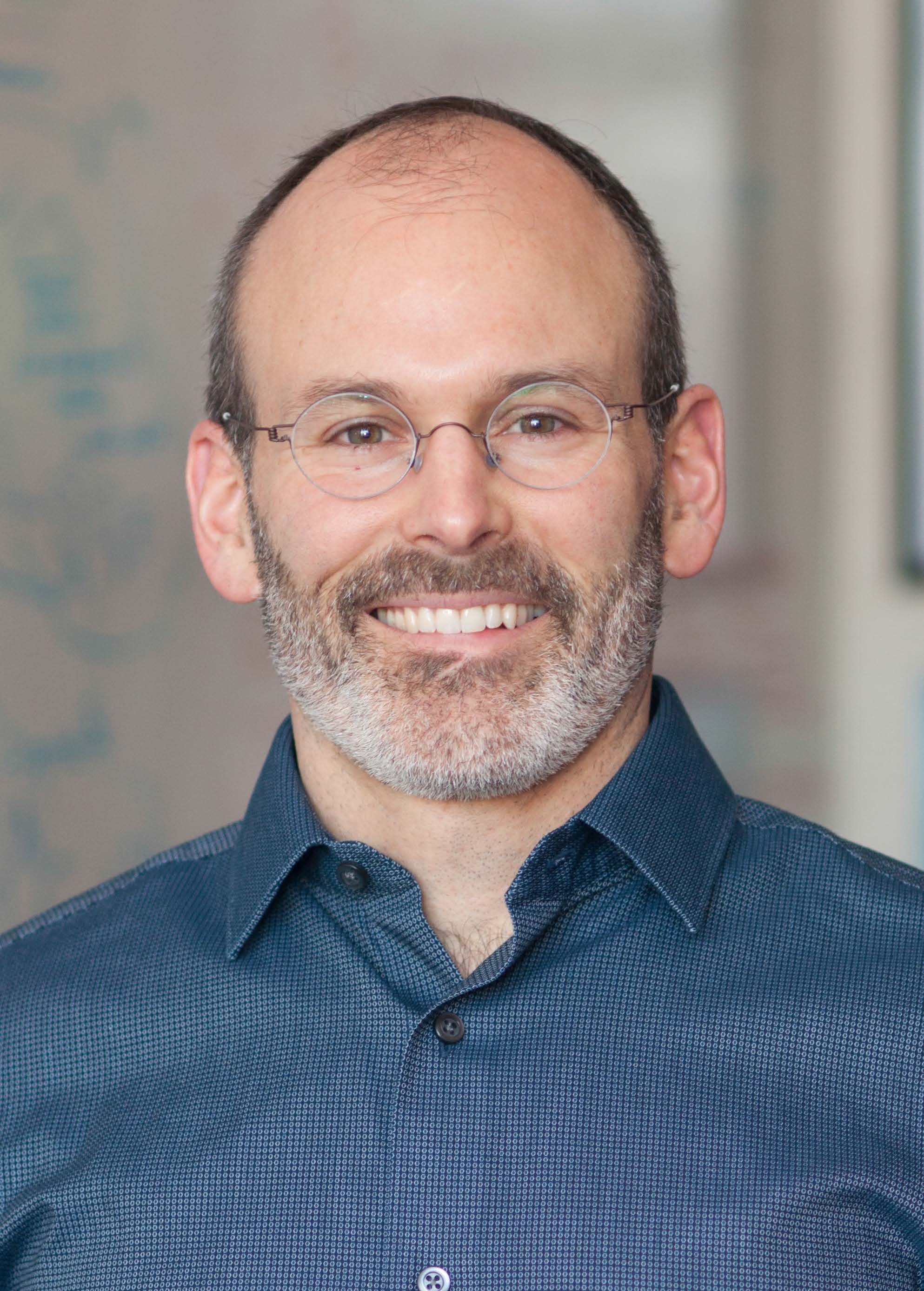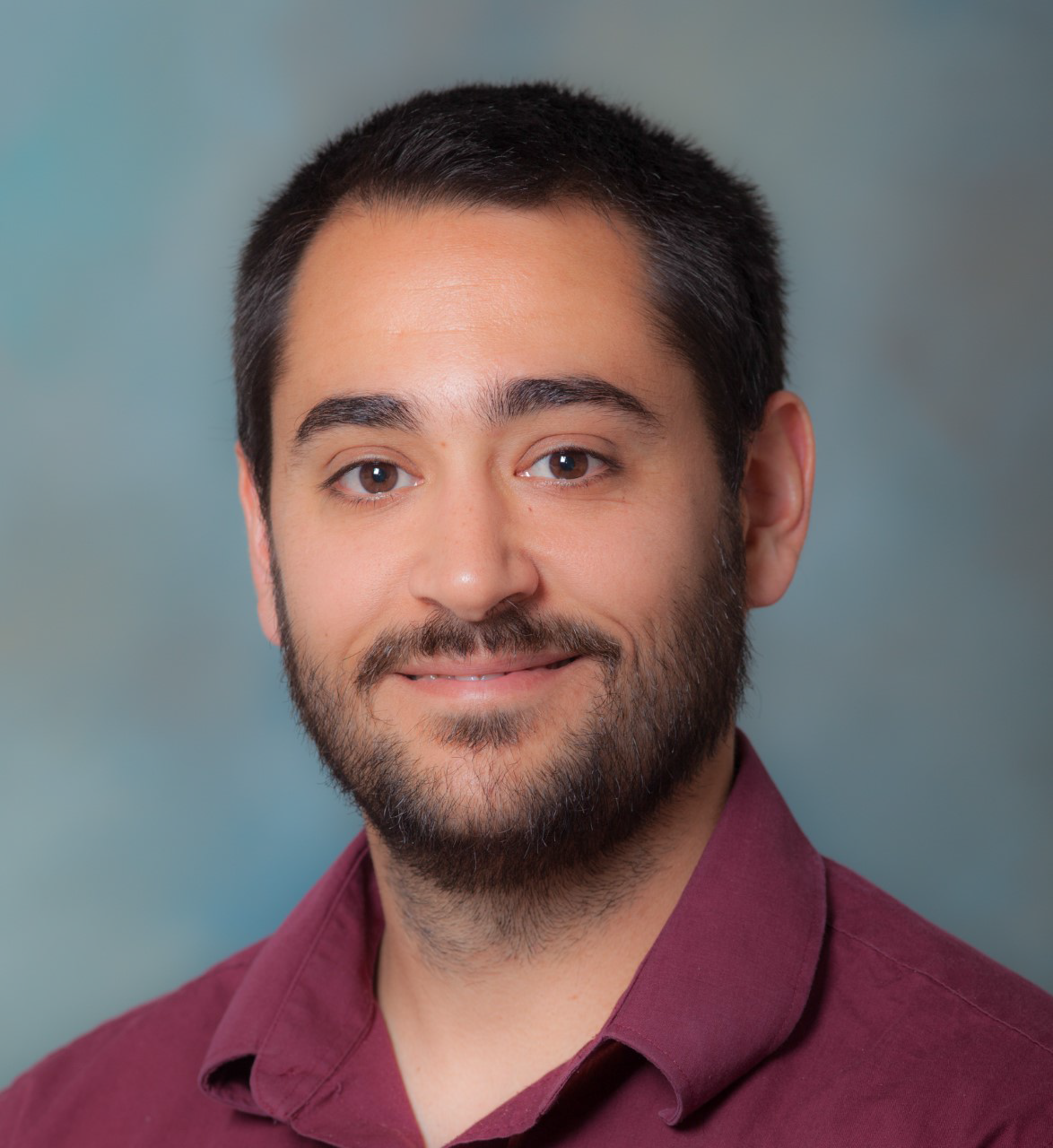Past Events
- May
- 25
- 2021
Is awareness a critical ingredient for behavior change? Psychological and neural mechanisms of mindfulness for breaking bad habits
- Time:12:00 pm
-
Location:
ONLINE- Please click on RSVP for Zoom link

Description: We are all vulnerable to craving. Whether it’s a compulsion to constantly check social media, overeat, smoke, excessively drink, or any other behavior, we may find ourselves uncontrollably repeating. Why are bad habits so hard to overcome? Is willpower more myth than muscle? Can we learn how our minds work, and even tap into this very process to find a key to conquer the cravings we know are unhealthy for us and foster our natural capacities for awareness and kindness? Drawing on his clinical work, research studies and development of next-generation therapeutics for habit change, Dr. Brewer will discuss the underlying behavioral and neurobiological mechanisms of why habits are formed and how mindfulness can paradoxically tap into these very processes to uproot them. He will also discuss how we…
- May
- 10
- 2021
Attention and meta-cognition as core components of meditation
- Time:12:00 pm
- Location:

Description: Many meditation systems – from traditional Buddhist to secular mindfulness-based approaches – promote attention and meta-cognition as important foundations for progressing towards more transformative goals. The talk will review relevant theoretical concepts and empirical evidence, primarily focusing on EEG research into changes of attention and meta-cognition that emerge from mindfulness meditation.
- Apr
- 12
- 2021
Promoting Health and Well-being through Mindfulness and Compassion-Based Practice
- Time:12:00 pm
- Location:

Description: This talk will focus on the mechanisms and applications of short-term mindfulness and compassion-based practice using randomized controlled trials (RCTs). Dr. Tang will discuss the shared mental processes of mindfulness and compassion such as three components of enhanced self-control: attention control, emotion regulation, and self-awareness. He will use one form of mindfulness - integrative body-mind training (IBMT) as an example to explore mindfulness effects in healthy adults (e.g., stress reduction) and patients (e.g., addiction and mood disorders) and demonstrate how to cultivate mindfulness and compassion effectively through autonomic and central nervous system interaction.
- Mar
- 29
- 2021
Calming the Mind in Motion
- Time:12:00 pm
-
Location:
ONLINE- Please RSVP for Zoom Link

Description: Mind wandering is a pervasive and ubiquitous experience. Our attention commonly drifts away from what we are doing in the moment to other internal thoughts and experiences. This can be disruptive when attention is critical for performance. But mind wandering can also be an opportunity for deeper awareness and recognition of one’s own patterns of attention and thought. This presentation will describe research on mind wandering and dynamic patterns of attention and thought characterizing one’s moment to moment experience during task performance. Connecting to these themes is emerging research on mindfulness meditation as one approach for learning to calm and stabilize attention and recognize when it has wandered. The second part of the presentation will describe findings on intensive meditation training during residential retreats, and shorter-form mindfulness programs, supporting…
- Mar
- 01
- 2021
Implementing Mindfulness-Based Cognitive Therapy for Children with Histories of Trauma and Psychopathology in Inpatient Settings: Lessons Learned and Factors to Consider
- Time:12:00 pm
-
Location:
ONLINE- Please RSVP for Zoom Link

Description: Growing literature suggests the feasibility of mindfulness-based interventions (MBIs) among youth with mental health conditions (Zoogman et al., 2015). Many protocols, however, have been implemented in outpatient settings with little attention given to psychiatric inpatient youth, most of whom have history of trauma and acute psychopathology. In this presentation Dr. Kostova will present results from a pilot study, investigating the feasibility and efficacy of an adapted version of Mindfulness-Based Cognitive Therapy for Children (MBCT-C; Semple & Lee, 2011) in an inpatient young adult unit. The presentation will start with an overview of the type of population and rates of trauma and psychiatric symptoms among youth in inpatient settings, evidencing some service needs and gaps in treatment. Dr. Kostova will describe an MBCT-C prototype intervention, which address the specific needs…
- Feb
- 08
- 2021
Mindfulness-Based Interventions for Coping with Cancer and Chronic Illness
- Time:12:00 pm
-
Location:
ONLINE- Please RSVP for Zoom Link

Description: There is a growing body of literature supporting the use of Mindfulness-Based Interventions (MBIs) for helping people cope with chronic illness, including cardiovascular disease, irritable bowel syndrome, pain, HIV/AIDS and many other conditions. Our own work developing and testing the Mindfulness-Based Cancer Recovery (MBCR) program in cancer patients and survivors has spanned over 20 years and investigated a range of outcomes covering psychological symptomatology such as mood, stress, anxiety and depression, as well as common disease and treatment side-effects including sleep, fatigue and pain. We have also investigated biomarkers including blood pressure, cardiovascular and cortisol acute stress reactivity, daily salivary cortisol slopes, pro- and anti-inflammatory cytokines and telomere length. Recently we have been testing online interactive synchronous and app-based versions of the MBCR program for patients both during and…
- Jan
- 27
- 2021
USC Center for Mindfulness Science Director Dr. Rael Cahn and Mindfulness Teacher Alex Maizuss present: Mindful Living for Arthritis Webinar with the Arthritis Foundation of America
- Time:11:29 am
- Location:

Dr. Rael Cahn, MD, PhD Rael Cahn did his PhD thesis work with the UCSD Department of Neurosciences comparing and contrasting the impact of long term mindfulness (Vipassana) meditation practice and the acute effects of the psychedelic drug psilocybin on perception, attention, and brain activity using EEG methods. After completing residency in Psychiatry at UC Irvine he joined the faculty with the USC Department of Psychiatry. Dr. Cahn is currently Assistant Clinical Professor with the USC Department of Psychiatry doing research at the USC Brain and Creativity Institute. He is a clinician-scientist with extensive personal experience as a meditation practitioner and experience teaching mindfulness meditation practices to clinicians and patients alike. His research expertise is in the neuroscience of meditation and altered states of consciousness. Dr. Cahn has investigated the…
- Jan
- 25
- 2021
What’s in a Breath? Interoception as a Mechanism of Mindfulness Training
- Time:12:00 pm
-
Location:
ONLINE- Please RSVP for Zoom Link

Description: Secular and religious sources often both assert that 'mindfulness begins with the breath'- so why is breath awareness still so rarely studied, particularly in the contemplative sciences? This presentation will explore the theoretical basis of breath awareness as a vehicle for personal transformation. The importance of breath awareness (and sensory awareness more broadly) will then be contextualized via neuroimaging evidence suggesting that stress-evoked sensory inhibition contributes to depression vulnerability. After reviewing existing progress and challenges in researching breath awareness, a novel paradigm for the behavioral and neuroimaging investigation of breath awareness will be introduced, including some novel neuroimaging data demonstrating the profound effects of breath-focused attention on cortical activity. Finally, future directions in incorporating objective assessment of breath awareness as a training/intervention feedback tool will be discussed.
- Nov
- 14
- 2020
Looking Inward: The Practice and Science of Mindfulness
- Time:1:00 pm
-
Location:
ONLINE- Register at https://integrativehealth.usc.edu/2020conference

Description: What is Mindfulness? What can Mindfulness do? Join Drs. Rael Cahn and Allen Weiss in a 2 hour workshop on the practice and science of mindfulness as part of the one-day, interdisciplinary educational and experiential USC IIHW Virtual Conference 2020 "Wellness Is An Inside Job: Healing The Mind & Body, Heart & Soul. This talk is part of the Mindfulness Track co-sponsored by the USC Center for Mindfulness Science.
- Nov
- 14
- 2020
Wellness Is An Inside Job: Healing The Mind & Body, Heart & Soul 2020 Virtual Conference
- Time:8:00 am
-
Location:
ONLINE- Register at https://integrativehealth.usc.edu/2020conference

Description: The Center for Mindfulness Science is co-sponsoring a Mindfulness track for the USC Institute for Integrative Health and Wellness online conference this year. We have coordinated a series of talks on mindfulness as part of the conference including a 2-hr workshop presented by Center director Rael Cahn and director of Mindful USC, Allen Weiss, PhD, on the practice and science of mindfulness, as well as a presentation from some of our other faculty experts on mindfulness research - Drs. Randye Semple & Matthew Goodman speaking on their research on utilizing mindfulness and biofeedback for children and Dr. David Black from Department of Preventive Medicine speaking on his research utilizing mindfulness practices for people suffering with addiction. This one-day, virtual, interdisciplinary educational and experiential conference will advance the knowledge and…
